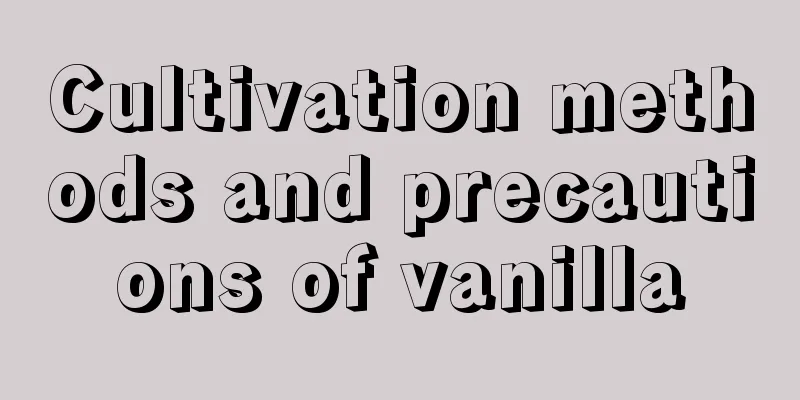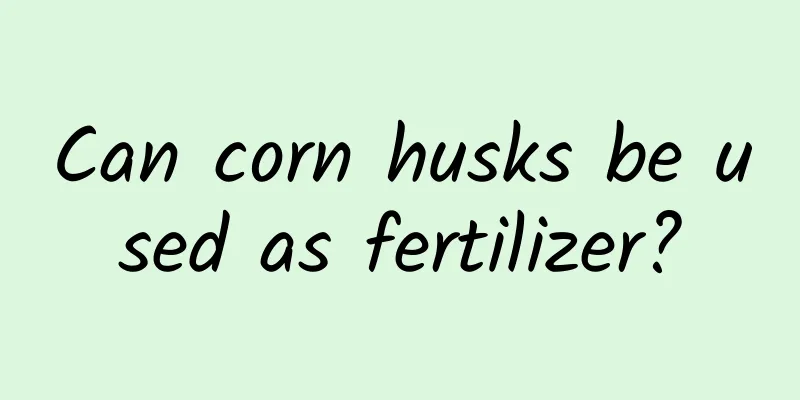How to grow cowpea to achieve high yield?

|
Cowpea, also known as string bean , originally grew in tropical Africa. Due to its rich nutritional value and diverse eating methods, it has become a common delicacy on people's tables. In our country, cowpea is widely cultivated. During the cowpea cultivation process, some growers may encounter problems with low yields and premature plant aging, which may lead to poor planting benefits. Let’s learn together how to grow cowpea for high yield. 1. Choose the right time to sow Cowpea seeds begin to germinate at temperatures above 10℃, and the most suitable germination temperature is 25-28℃. Therefore, when the local average daily temperature is stable at above 12℃, sowing can be done. Generally, mid-April to mid-August each year is the best planting period for cowpea. 2. Reasonable fertilization Cowpea requires more nitrogen and potassium and less phosphorus during its growth period. Nitrogen fertilizer can promote stem and leaf growth, phosphorus fertilizer helps root development and flowering and fruiting, and potassium fertilizer helps photosynthesis and the transport of nutrients. Since the rhizobia in the roots of cowpea can fix nitrogen, excessive application of nitrogen fertilizer should be avoided to prevent the plant from growing too tall. 3. Scientific irrigation Cowpea requires moist soil during the germination period and moderate irrigation during the seedling stage. The soil moisture should be moderate during the flowering and pod-setting period to promote flower bud differentiation and reduce flower and pod drop. Cowpea has a well-developed root system and is drought-resistant, but excessive water will inhibit the nitrogen-fixing ability of rhizobia. 4. Pinching promotes the growth of lateral branches Pinching can break the apical dominance of cowpea, promote the growth of side branches, and thus increase the number of flowers and pods. When the main vine grows to a certain height, it can be topped off, and the side branches can also be appropriately topped off. 5. Build a trellis to guide vines Cowpea is a climbing plant and needs a trellis to support its growth. Trellising can improve field ventilation and light conditions, helping to increase cowpea yield and quality. 6. Preventing Boring Insects The borer is one of the main pests of cowpea, damaging the flower buds and pods. The key to preventing this pest is to take advance measures, such as spraying appropriate pesticides during the bud stage. In short, cowpea is a popular vegetable and if managed properly, the yield per acre can be very considerable. By strengthening fertilizer and water management, timely trellising and vine guidance, topping and pinching, as well as disease and pest control, high-yield and high-quality cowpeas can be grown.
|
<<: What do turtles eat and how to feed them
>>: High-yield rice planting technology
Recommend
What are the cultivation methods and precautions of coral ferns
Coral fern cultivation method Coral ferns prefer ...
The efficacy and function of leek
The benefits of leeks Leek can enter the kidney m...
Small pumpkin planting time and method cultivation management technology
Pumpkin planting time Small pumpkins are suitable...
Is water spinach a shade-loving or sun-loving plant?
Does water spinach prefer shade or sun? Water spi...
Cutting method of Begonia
1. Preparation: Before cutting, prepare the razor...
Difference Between Citron and Lemon
1. Differences between branches The branches of c...
How to propagate lotus palm
Reproduction method In fact, it is very simple to...
What does violet mean?
1. Purple Usually the purple color represents ete...
Fruit tree planting management guide in July
July is an important period for the growth of fru...
How to save seeds of Asparagus cochinchinensis
How to get Asparagus seeds Asparagus cochinchinen...
Durian potted planting method
durian As we all know, durian is a famous tropica...
Planting time and method of Artemisia chinensis
Planting time of Artemisia chinensis Small-leaf c...
The symbolism of the lotus
Symbolism An ancient Indian poet described his lo...
Your vegetable garden is dirty and messy, but look at others', it's more beautiful than a big flower garden!
1 Balcony Vegetable Garden Balcony vegetable gard...
Lily Flower Language
1. Flower Language Lilies bloom in many colors, t...









